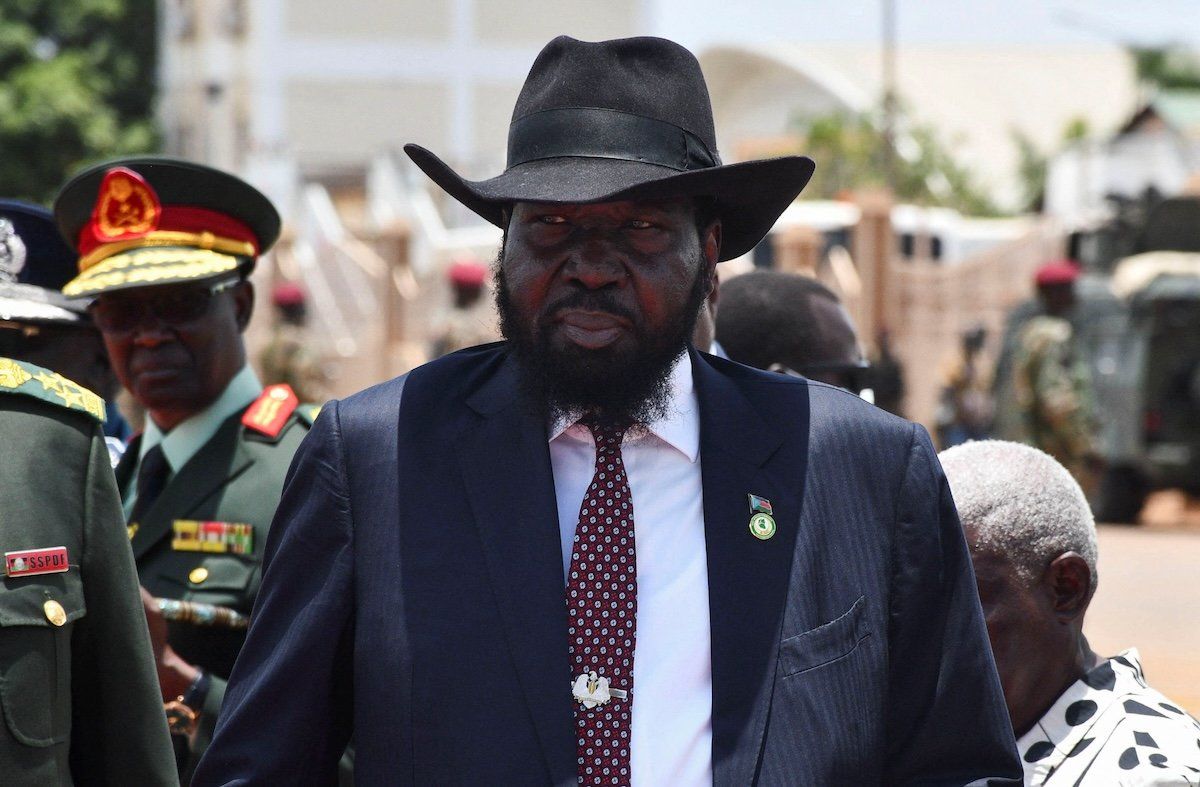Amid lingering fears of another civil war in South Sudan, the Upper Nile state’s main opposition party is now mired in its own internal conflict.
The Sudan People’s Liberation Movement-in-Opposition ousted its imprisoned leader Riek Machar and replaced him with Peacebuilding Minister Stephen Kuol Par on an interim basis.
But that irked many in the party who see Kuol Par as too close with the country’s president, Salva Kiir. Some members boycotted the party meeting, while others have left the country.
Civil war fears. South Sudan’s civil war ended eight years ago, but Kiir’s recent detention of Machar, his vice president, threatened to reignite tensions in the world’s most recently recognized country.
Below Par. The new opposition leader renewed calls for Kiir to release Machar, but the president’s
past record suggests he won’t back down easily — he also
dismissed his foreign minister late on Wednesday. Even if Machar is released, it could set up a fresh fight over control of the opposition.
But there’s a bigger risk afoot, particularly as the 2018 peace agreement that ended the civil war still hasn’t been fully implemented, according to Kate Johnston, a regional expert at the Center for a New American Security.
“The increasing splits within the SPLM-IO cannot be good for the implementation of that peace agreement," she says, "or for bringing the parties back together to discuss how they move forward.”
